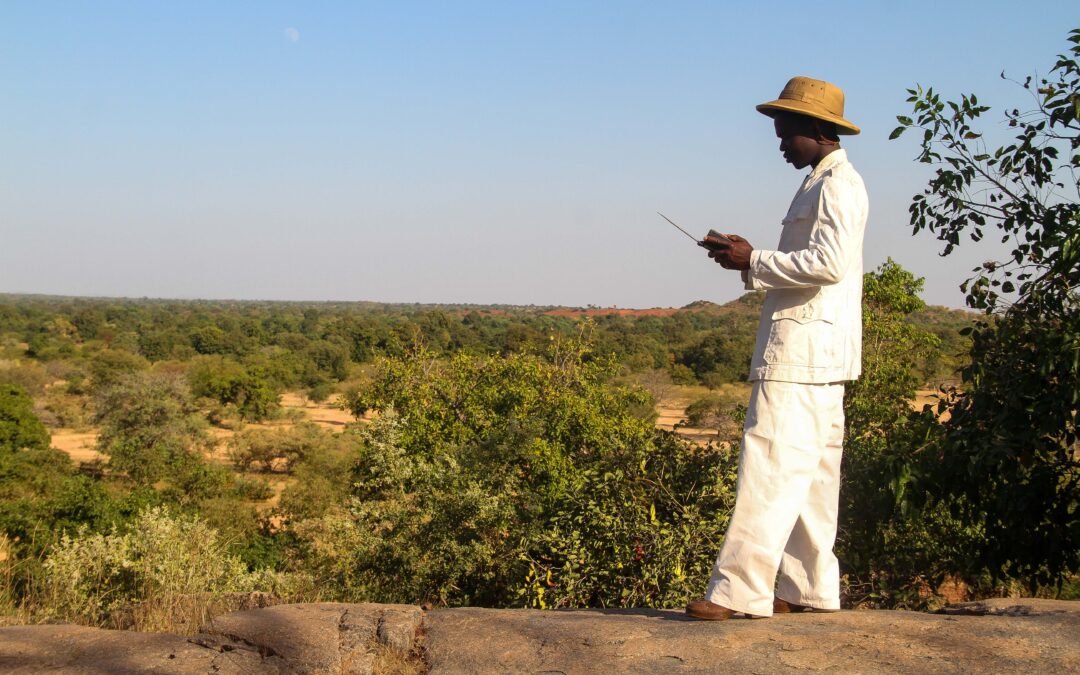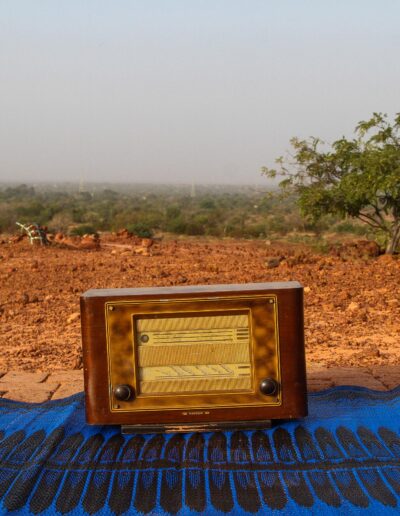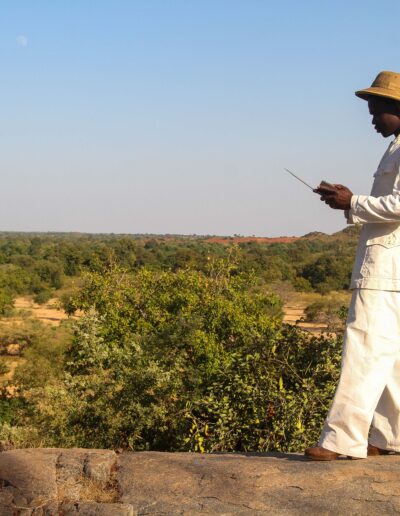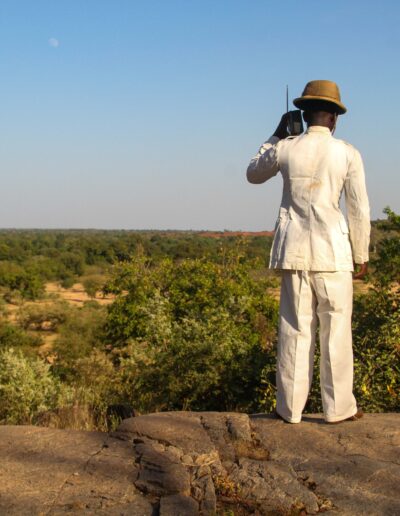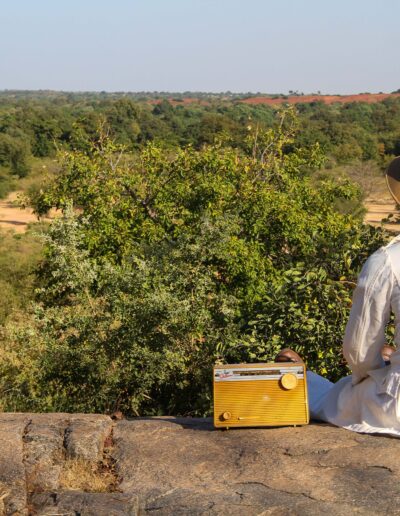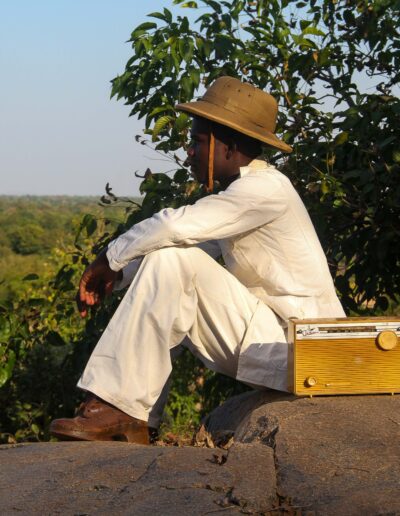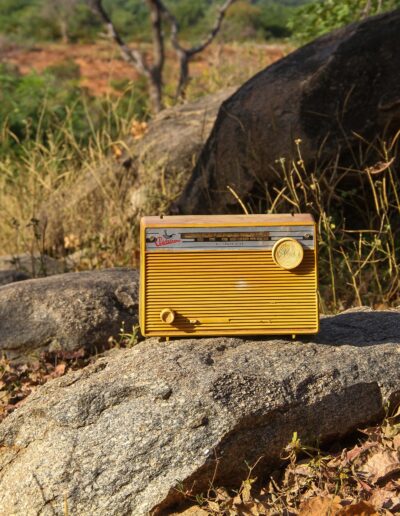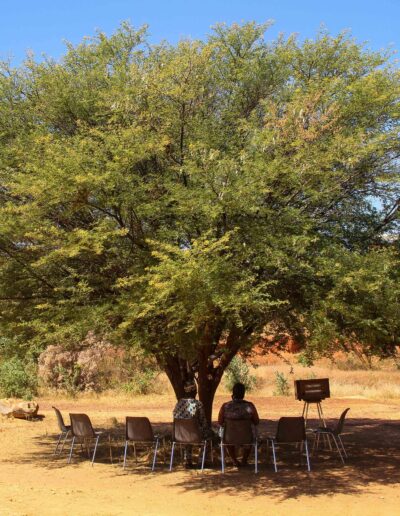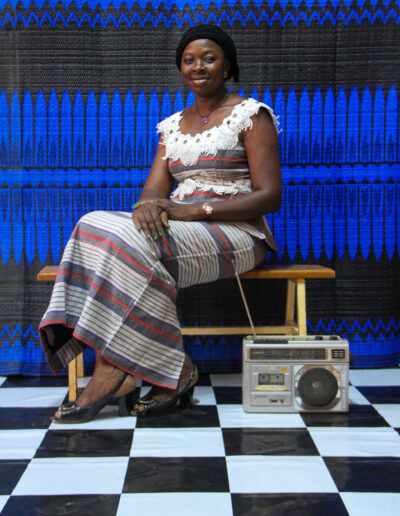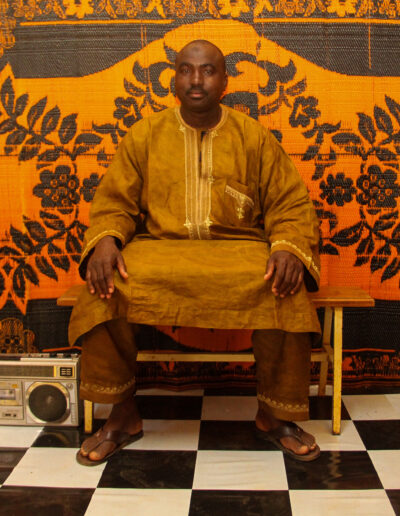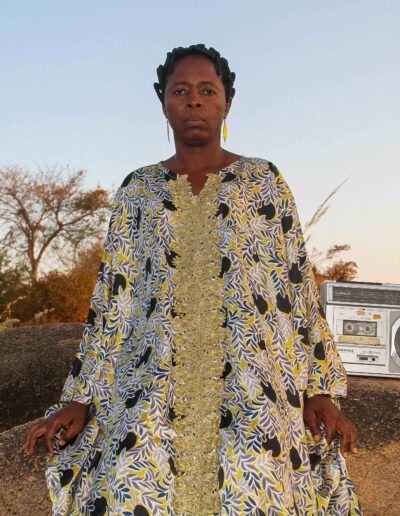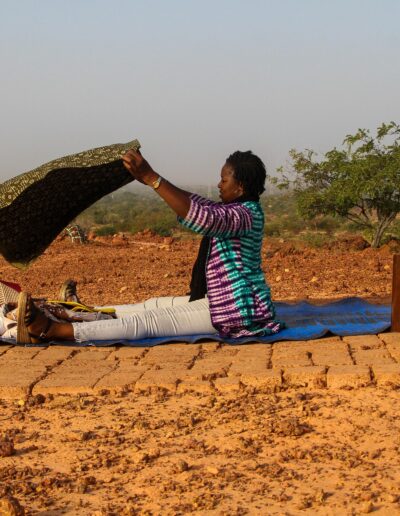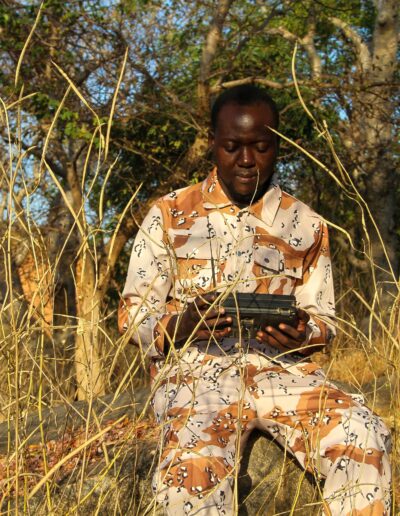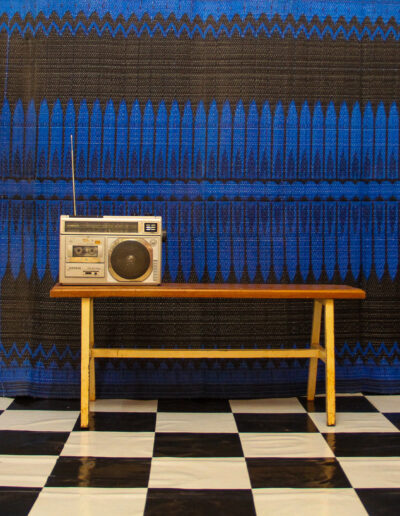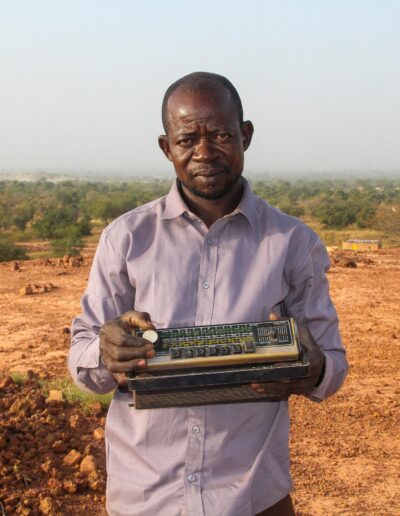Radio is Africa’s medium of communication. It has continued to be a source of information and a knowledge sharing device in Africa since its introduction in the 1920s. Its was originally introduced to serve colonial interest as soon as it established itself as a medium of mass communication on the continent.
Africa realized the role radio could play due to its geographical coverage, affordability and low literacy levels. Radio became that medium which was used to gain independence through resistance, the people began to use languages strange to colonial powers to operate underground resistance movements. In countries like Guinee, South Africa, Mozambique, Angola, to mention a few.
Now when we talk about independence futures on the African continent, radio has been explored by people from various demographic and has continued to inspire young people in so many ways to promote their crafts through cultural theatre plays, art talks, music shows and educational programs for everyone.
Radio informs and educates, it is trusted across towns and villages in Africa especially when it is in a local language.
This project investigates deeper into radio as a medium of mass communication in contemporary African society. The political power, cultural relevance and social impacts of the medium, its sustainability and possible threats. Podcasts have been on the rise and I believe they only compliment radio stations and programs. This intervention explores how this medium confronts realities in African society after decades of its introduction, its cultural influence, role as a tool for disseminating knowledge and its evolution from a colonial tool of propaganda to championing Africa’s independence futures.

